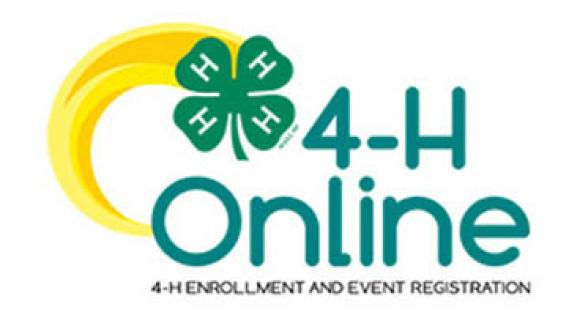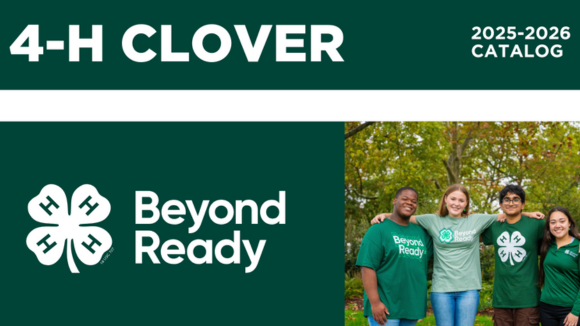Webster County 4-H clubs
To join a 4-H club or for information about 4-H in Webster County, contact Jeannie Moreno, youth program assistant in Webster County.
The youth specialist that serves Texas, Wright and Webster counties is Janice Weddle, based in Texas County.
Webster County 4-H Council meets at 7 p.m. on the first Thursday of every month at the Webster County Extension Center in Marshfield, Mo.
Club leader: Ember Mikkelsen, Niangua, Mo. 65713
Country Cardinals 4-H Club meets on the second Thursday of every month.
Club leaders: LeeAnn Wantland and Courtney Gunter, Niangua, Mo. 65713
Heartbeat of the Ozarks 4-H Club meets on the second Tuesday of every month.
Club leader: Ge-Anne Bergthold, Marshfield, Mo. 65706
Mighty Eagles 4-H Club meets third Tuesday of every month.
Club leader: Angela Dalton, Fordland, Mo. 65652
Seymour 4-H Club meets on the second Monday of every month.
Club leaders: Carolyn Hyde, Seymour, Mo. 65746
About 4-H
4-H brings young people, ages 5 to 18, and adults together to learn everyday skills through hands-on learning. Working on activities from animal and plant sciences to robotics, 4-H’ers learn problem-solving skills that can make a positive impact upon our community. Through 4-H, young people learn to meet the diverse challenges of today’s world, build self-confidence, learn responsibility and make positive decisions.



